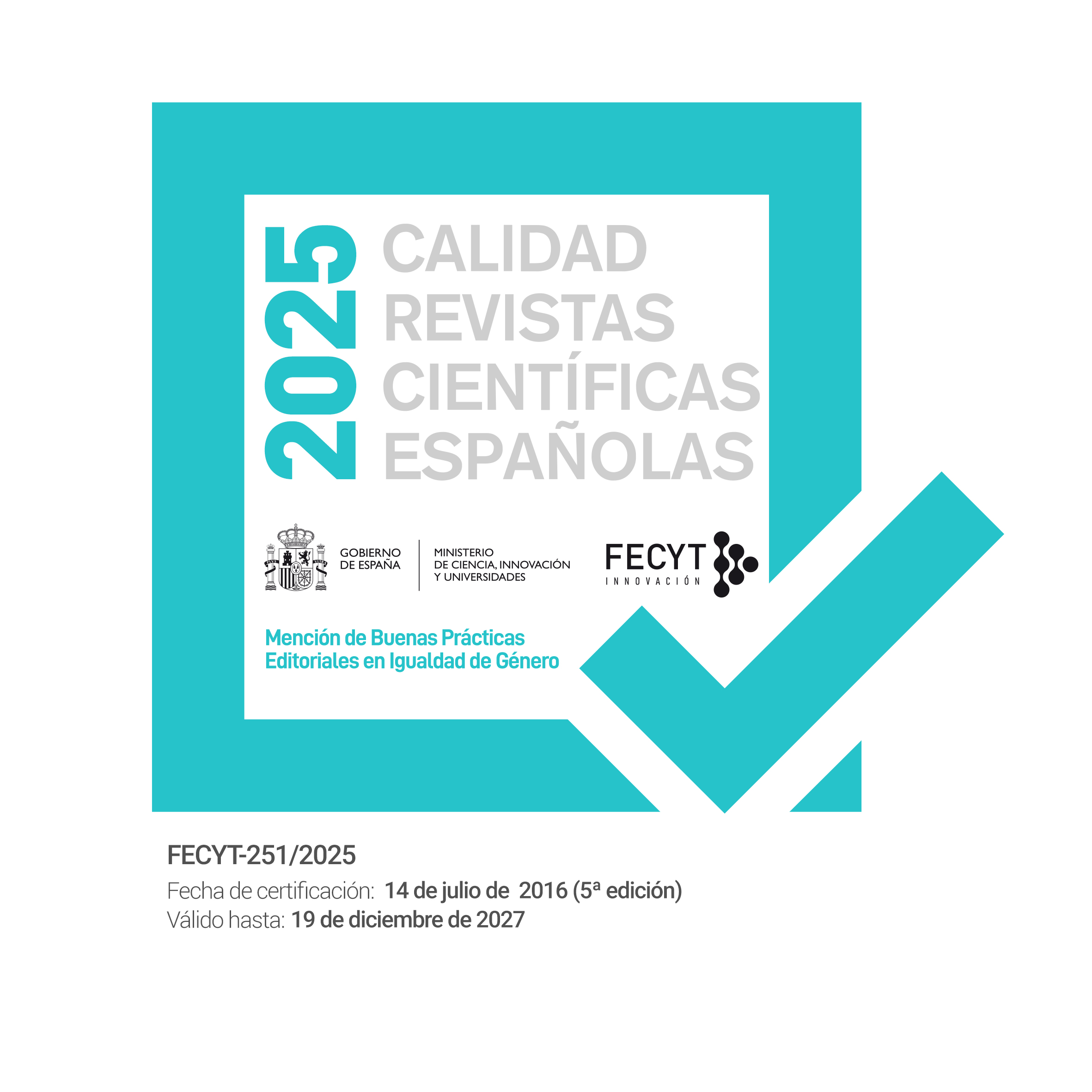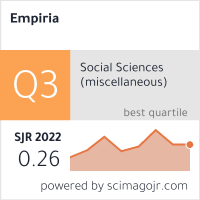Evolution on homelessness in Spain: Return to the past?
DOI:
https://doi.org/10.5944/empiria.34.2016.16522Keywords:
homelessness, social policy, itinerates, welfare regimes, social exclusionAbstract
This paper uses 2005 and 2012 “Survey on homeless person conducted by the National Statistics Institute (INE) “to empirically investigate the relevance of social exclusion in Spain among this population, researching the childhood and the loos of housing. Gaining a better understanding on will be a particular relevance to contribute in social policy evaluation. The results point out an increasing of the risks of homelessness in Spain and the most important changes experienced between 2005 and 2012. Three ideal types of itinerates has been found: new poverty, social exclusion and integrated poverty. Finally, we have analysed how each one of these groups presents a specific morphology of vulnerability among demographic composition, structural, relationship and institutional factors. During this period, the new poverty as increasingly important mechanism and the impact of the structural problems in different itinerates.
Downloads
Downloads
Published
How to Cite
Issue
Section
License
Los autores que publican en esta revista están de acuerdo con los siguientes términos:a) Los autores conservan los derechos de autor y garantizan a la revista el derecho de ser la primera publicación del trabajo al igual que licenciado bajo una Licencia Internacional Creative Commons CC BY-NC-SA 4.0.
b) Se permite y se anima a los autores a difundir electrónicamente las versiones pre-print (versión antes de ser evaluada) y/o post-print (versión evaluada y aceptada para su publicación) de sus obras antes de su publicación, ya que favorece su circulación y difusión más temprana y con ello un posible aumento en su citación y alcance entre la comunidad académica.












